The Dow Jones Industrial Average couldn’t leap higher on Leap Day despite news China is on a path to boost stimulus efforts in order to re-, re-, re-, re-jump-start its struggling economy. Still, Warren Buffett said U.S. stocks will spring forward with big returns in the future. On an important day of economic data, Buffett’s shareholder letter and morning market interview dominated the day-time discussion about the U.S. economy and stocks.
Here’s what happened in the markets on Leap Day, Feb. 29, 2016.
First up, check out the results for the Dow Jones Industrial Average, S&P 500, and Nasdaq:
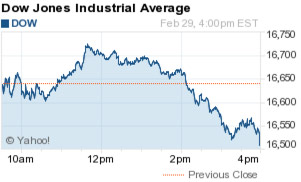
Dow Jones: 16,516.50; -123.47; -0.74%
S&P 500: 1,932.23; -15.82; -0.81%
Nasdaq: 4,557.95; -32.52; -0.71%
Now, here’s the top stock market news today…
DJIA Today: Buffett’s Bold Bets, Oil Rallies, Merger Mania, and Italian Coffee
Traders kept a close eye on data for any clues about the health of the U.S. economy and to predict whether the Federal Reserve plans to increase interest rates in 2016. This morning, contracts to purchase existing homes fell to a one-year low, likely due to bad winter weather and a shortage of available housing inventory. Meanwhile, the Chicago PMI contracted in February as U.S. factory activity remains lower due to a strong dollar, oil prices, and falling overseas demand.
The People’s Bank of China – you know, money… for people
– announced it will slash its reserve requirement ratio for the fifth time over the last year. This will reduce the amount of money banks are forced to hold as reserves and permits the increase of leverage in an economy – because when has that ever gone wrong?
Starbucks Corp. (Nasdaq: SBUX) caused a stir today on news it will boldly attempt to enter the Italian coffee market, news that jolted investors and espresso drinkers alike. In fact, the firm will place its first Italian location in the birthplace of espresso – Milan, Italy. This is a bold decision by the company, whose founder developed the idea for Starbucks 33 years ago while on a business trip to the region, which has a very rich coffee culture. Starbucks has struggled in other foreign markets like the United Kingdom and Australia in the past.








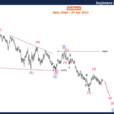

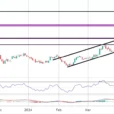
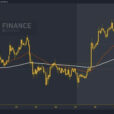
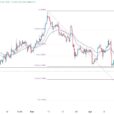
Leave A Comment